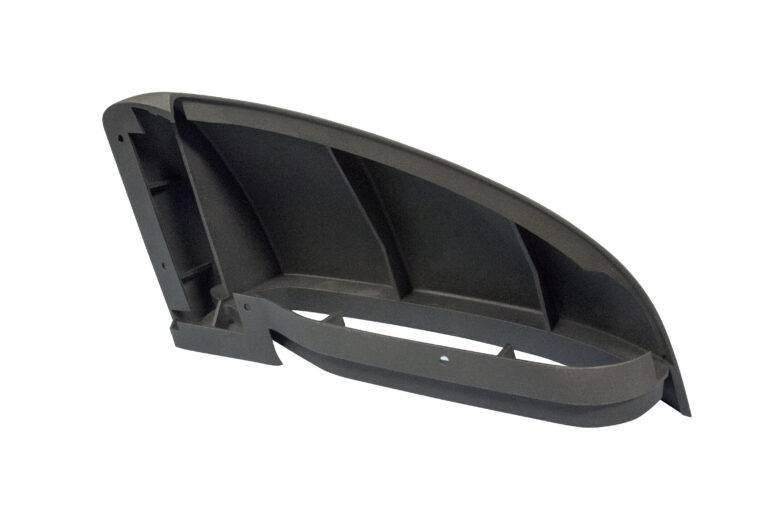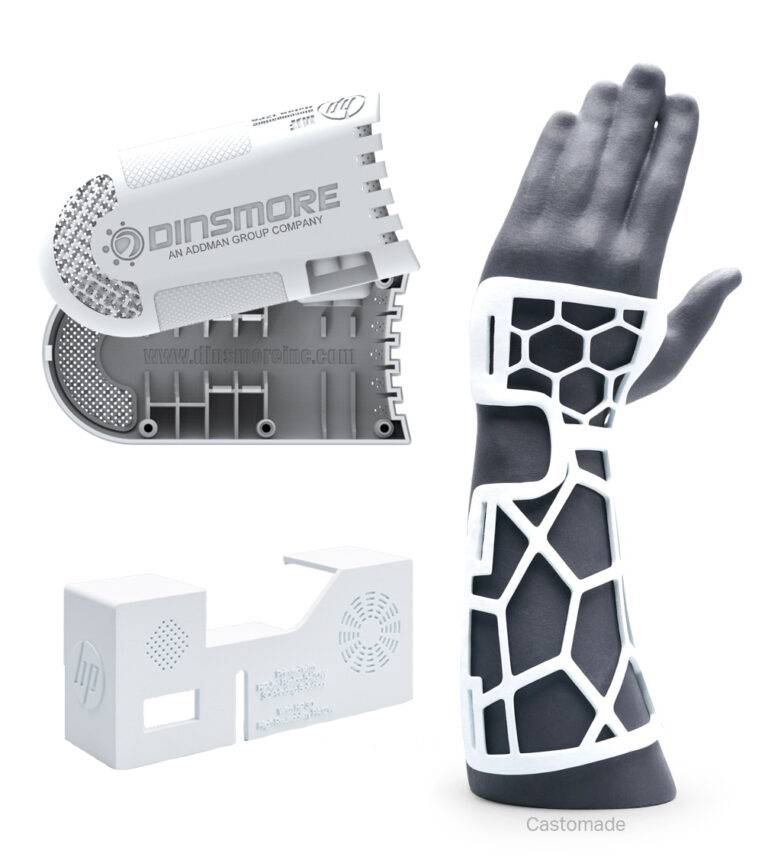Advantages:
Nylon 12 PA offers several notable advantages, making it a popular choice for a wide range of applications. Its high-density nature provides strong, durable parts that maintain their structural integrity, even under demanding conditions. The material’s excellent chemical resistance to oils, greases, aliphatic hydrocarbons, and alkalies ensures longevity and reliability in harsh environments. Additionally, Nylon 12 PA’s fine detail and dimensional accuracy make it ideal for complex assemblies and precision parts. Its biocompatibility certifications, including USP Class I-VI and US FDA guidance for Intact Skin Surface Devices, further extend its use to medical applications, ensuring safety and compliance.
Disadvantages:
While it offers strong and durable parts, the material may not be as flexible as other nylon variants, which could limit its use in applications requiring high flexibility. Additionally, although it provides excellent chemical resistance, it may not perform as well against strong acids or bases. The material’s color options are somewhat limited, with gray and white being the primary choices, though these can be dyed. Finally, Nylon 12 PA parts may require post-processing to achieve specific finishes or colors, adding time and cost to the manufacturing process.

